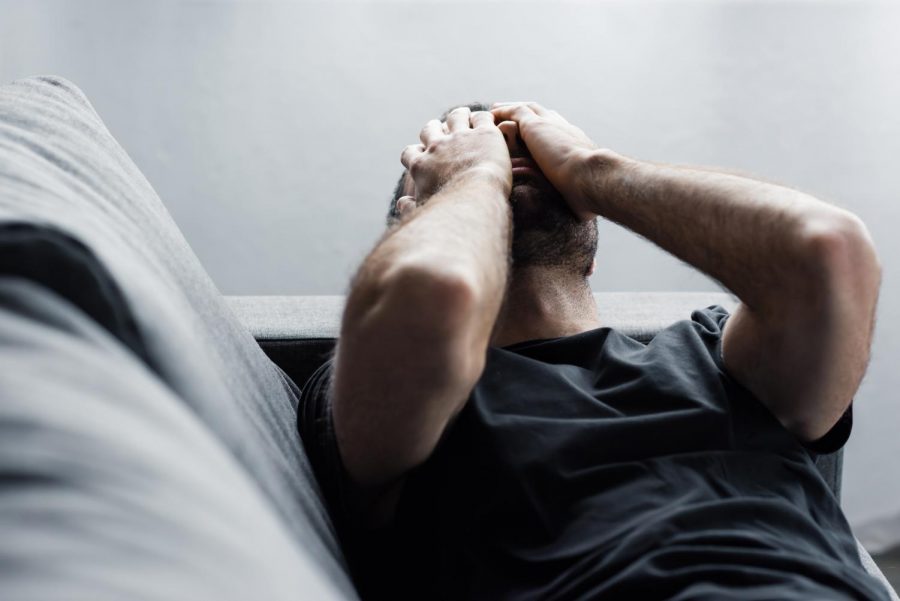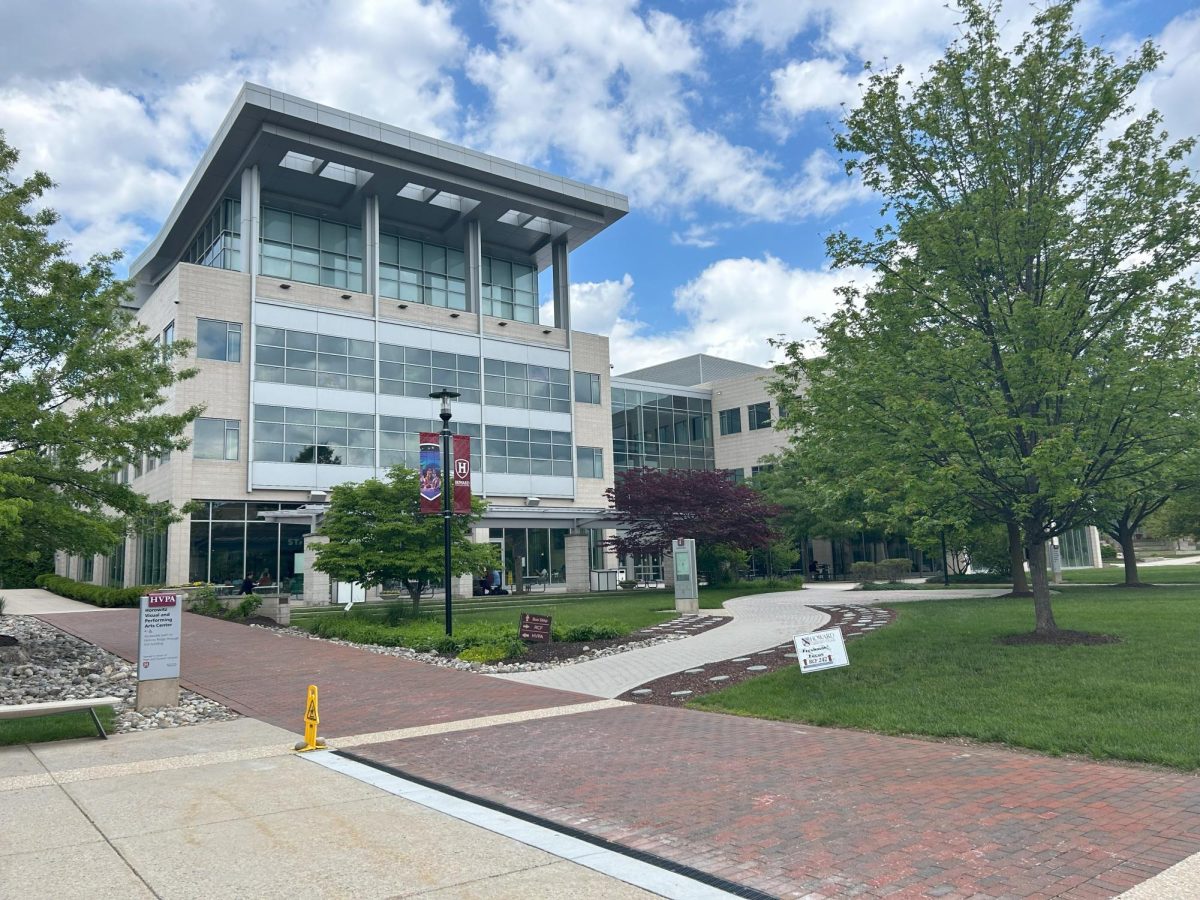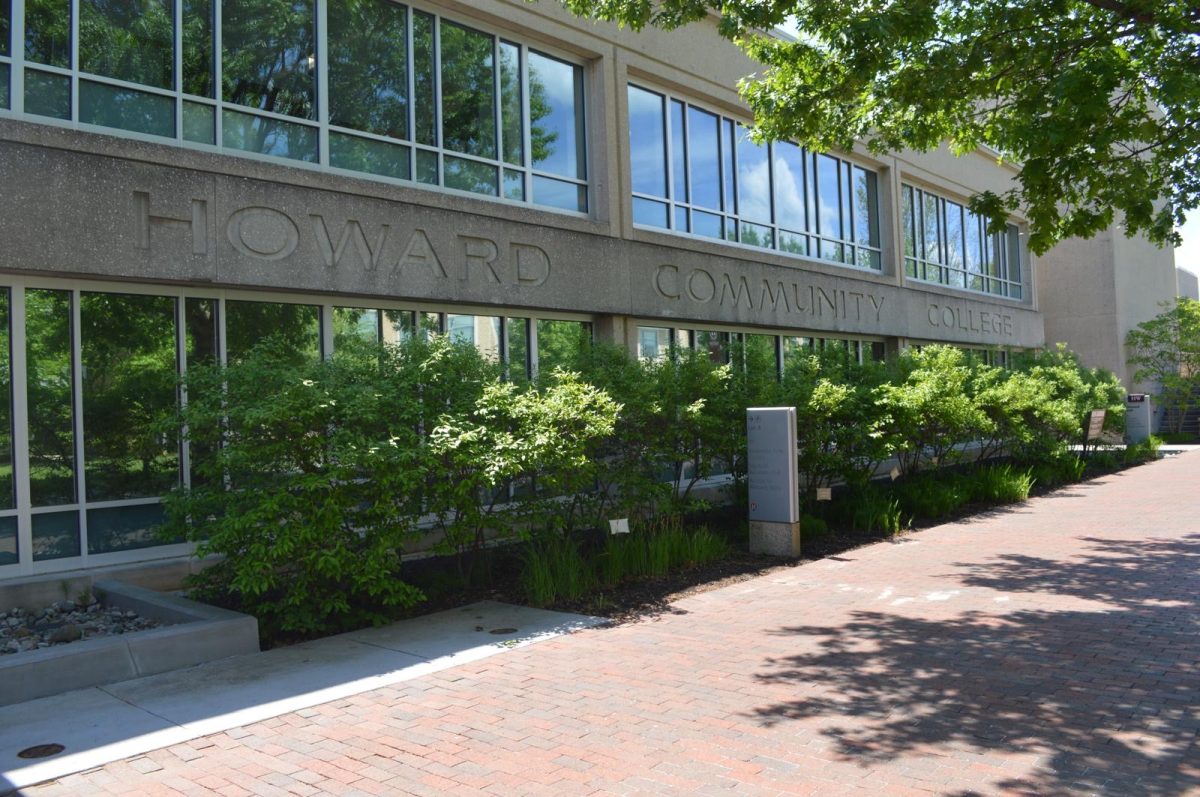Social Distancing: Is It Affecting Your Mental Health?
April 8, 2020
Have you felt like you’re going to have a mental breakdown from having to socially distance yourself because of the coronavirus pandemic? Well, you probably are not the only one.
It’s been about three weeks since the halt of the world’s largest economy and people being urged to stay in. Even those with no prior history of mental illness are starting to experience symptoms of increased anxiety due to the stress associated with Covid-19 and social distancing.
What should you do?
There are some simple and effective things to do to help combat the stress and anxiety from living with uncertainty and social distancing. Here are some great coping strategies from the Center for Disease Control’s page Stress and Coping:
- Take breaks from watching, reading, or listening to news stories, including social media. Hearing about the pandemic repeatedly can be upsetting.
- Take care of your body. Take deep breaths, stretch, or meditate. Try to eat healthy, well-balanced meals, exercise regularly, and get plenty of sleep.
- Avoid alcohol and drugs. These could make negative thoughts and moods worse.
- Make time to unwind. Try to do some other activities you enjoy.
- Stay connected with others. Talk with people you trust about your concerns and how you are feeling.
- Maintain a daily routine. NAMI’s COVID-19 Resource and Information Guide states that “structure and routine may be helpful for people with mental health vulnerabilities, especially during times of uncertainty.” If you are still able to work from home, the guide “encourages you to maintain a regular routine with the work hours that are usually worked, including keeping up with morning rituals. Dressing in regular work attire and taking regular breaks, including lunchtime, may also be helpful.”
HCC students can still receive help by contacting the Counseling and Career Services Office. Though the campus is closed, you can call their office directly at (443) 518-1340. Dr. Joy Stephens, a licensed psychologist who serves as the Associate Director of Mental Health Counseling at HCC, explained that “Counseling Services is currently offering students individual counseling via zoom or phone meetings. These services began on Monday, March 30, 2020, and will continue through the spring semester. Appointments are available Monday – Wednesday from 8:30 a.m. to 8:00 p.m. and on Thursdays and Fridays from 8:30 to 5:00 p.m. Students can call 443-518-1340 to schedule an appointment.”
When asked if Counseling Services had a plan or initiative to help students with the anxiety, stress, and depression related to COVID-19, Dr. Stephens stated, “Yes. It is not uncommon for students to experience a range of emotions related to the pandemic. For example, there is a lot of uncertainty and transition associated with the changes to school, work, and home that can prompt anxiety. Similarly, the social distancing required might spark sadness and loneliness as people miss more typical opportunities for connection and support. Individual counseling can be a helpful outlet to acknowledge those thoughts and feelings.
It is really important to realize it’s completely normal to feel extra stress during these uncertain times. It is human nature to feel anxiety and uncertainty during times of crisis such as this pandemic. It is important to remember that if you already receive mental health help to continue with it, create or maintain your social connections and support, and to reach out if you do need help. If you need help during this time of social distancing you can always reach out for help by contacting the Grassroots Crisis Intervention Center located in Columbia, MD. Their phone number is 410-531-6677 and they are available 24/7. SAMHSA’s Disaster Distress Helpline is 1-800-985-5990, a 24/7, 365-day-a-year, national hotline dedicated to providing immediate crisis counseling for people who are experiencing emotional distress related to any natural or human-caused disaster.







